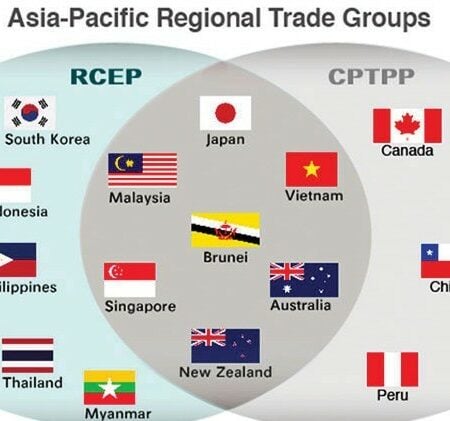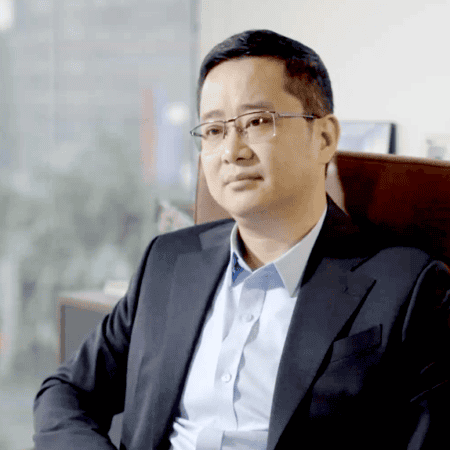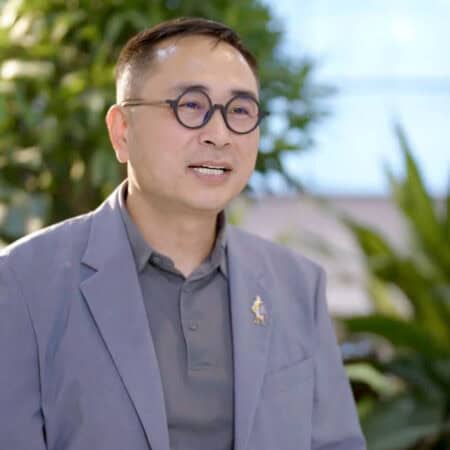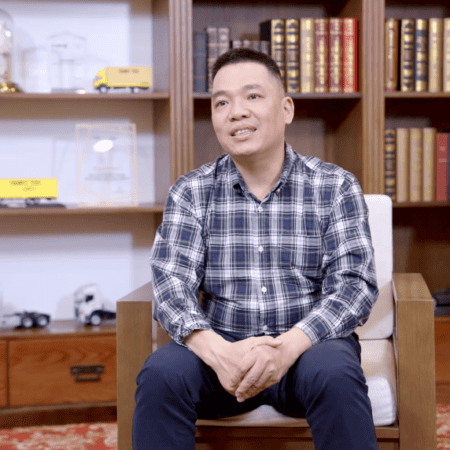
Giving full trust to the manager as a coach
Author: Do Khanh Van, Investment Director, Mekong Capital
———
In June 2018, I was advising one of F88 managers relating to a recruitment project. I was frustrated because it was not moving as I expected. I needed to follow up with the manager day by day on each step, and what I had recommended to be executed still got delayed and delayed. It occurred to me that we would not meet the deadline. I knew something must have been very wrong. The only way for me to find the problem was to declare a breakdown [1]. I declared the breakdown and asked for a meeting between us.
He did not seem willing to meet at all. I thought that he might be too worried about the deadline and might think it would be a waste of time to talk instead of keep making progress. But I insisted that there must be something not working in our coordination that we must discover before we could generate breakthrough to finish our project. So, we decided to meet the next day.
I spent that night thinking hard about the meeting. I always wanted to partner with my investee companies by empowering their team to develop leadership, but I was not sure how to approach it. Along the way, while we were working, I felt like our communications declined. I had a bad experience where when I asked questions like “Who you were being that caused the breakdown,” it landed on the person like a blaming question, and he or she often fell into justifying themselves.
And what happened was exactly what I had thought.
When we started to find out “What didn’t work”, he commented:
– “I felt annoyed about being chased by you every day. I didn’t know why I had to report to you. Therefore, sometimes I didn’t want to talk or to update what was going on. Maybe that’s why you felt like the project wasn’t going on.”
I knew he was disempowered. I knew that I had taken the wrong approach to coordinate our investee company. I should not rush to get things done the way I expected to be. I had made my occurring to him to be an outsider who was just there to push and manage him.

Do Khanh Van, Investment Director, Mekong Capital
I have learned the hard way to communicate as a partner coach. So instead of asking him further, I just listened to him when he continued his sharing.
After hearing wholeheartedly, I shared:
– “What’s missing from my side was that I didn’t ensure that you clearly understood my role in F88. I have two different roles: being the shareholder representative and being the coach to help the company building capability. In this recruitment project, I’m the coach.”
I noticed he lifted his eyebrow. “You said ‘a coach’?”
I said, “Yes. And in this project, you are the client, the owner.”
He could not hide his surprise:
– “So does this mean I am free to accept or decline your request?”
I could not wait to respond:
– “Exactly. I have the full trust that you can do what is best for the company. You are the owner. You can even ask for my support when you need it.”
He was fully released.
– “I am very clear now. In our coordination, sometimes I feel very awkward because I wasn’t sure about your role here, who I should report to, who is the decision-maker. I think the coordination between me and you will be much more effective now. Surely we will have a breakthrough in the upcoming collaboration.”
And that was my breakthrough. By holding a meeting to create a space for us to ask, to share, to listen and to communicate, I had successfully shifted the context of who I was being towards him. There was nothing between us that was misunderstood or handled. Most importantly, I felt the relationship between us was rebuilt based on trust and complete communication. I was so happy that I could clear the barriers between us and step back to be a coach and empower the manager to lead his project.
For the manager, the power of being a leader was unleashed. He knew for himself what he would do differently to get better results. Then we quickly generated a series of new actions to complete the work on time. Both of us felt so confident and excited at the end of our conversation.
One week passed by. And I realized a huge difference in our coordination: I was no longer an outsider pointing fingers. The manager was proactive in leading the whole process while happily keeping me updated. He welcomed my questions or follow-up as real valuable services. He quickly looked for strong candidates himself without depending on my referral. Finally, one well-qualified candidate (found by the manager) passed our final interview process, just one week after our meeting. To me, this was a real breakthrough result.
After this success, F88 started to replicate among its management team the method of holding meetings to communicate, discover the root cause, learn from breakdowns and generating actions that lead to new results. This led to so many new innovations and improvements in products and customer services. For example, recently they have successfully become the first title-lending chain that distributes insurance in Vietnam.
I felt so energized to realize how much flavor I could add to my investees’ success by welcoming “breakdown” as a condiment. It all started with me discovering for myself what did not work in my approach to working with them. Then I can transform my ways of being to be a coach and partner to empower the leaders to experience leadership. These leaders, in turn, can discover for themselves the root cause and generate new actions. It’s like a domino effect, and finally, the whole company will be empowered to deliver breakthrough results quickly. That’s the real taste of success.
[1] When the company is not on track for achieving any target, which we call a “breakdown”, this is consistently used as an opportunity to both: a) quickly handle the immediate impact of the breakdown to maintain integrity and minimize disruption; and b) identify what was missing or not working that led to the breakdown, and create next steps to handle those, which when fully handled would reliably lead to a breakthrough in future performance. Consequently, the company is rapidly embracing past failures and mistakes and consistently improving its performance as a result of breakdowns. Please see more at: Generating Breakthroughs.
31/03/2020
Click below to subscribe to Mekong Capital’s quarterly newsletter.
Mekong Capital makes investments in consumer-driven businesses and adds substantial value to those companies based on its proven framework called Vision Driven Investing. Our investee companies are typically among the fastest-growing companies in Vietnam’s consumer sectors.
In January 2022, Mekong Capital founder Chris Freund published Crab Hotpot, a story about a bunch of crabs who found themselves stuck in a boiling pot. The colorful cover of “Crab Hot Pot,” complete with expressive cartoon crustaceans, looks like a children’s tale at first glance. But as one continues reading, it becomes clear that the work has an important message about organizational transformation, leadership and focusing on a clear vision for the future.
The book is available on Tiki (Hard copy): bit.ly/38baF8a (Vietnamese) and Amazon: amzn.to/3yWunzG (English)






Leave a Reply